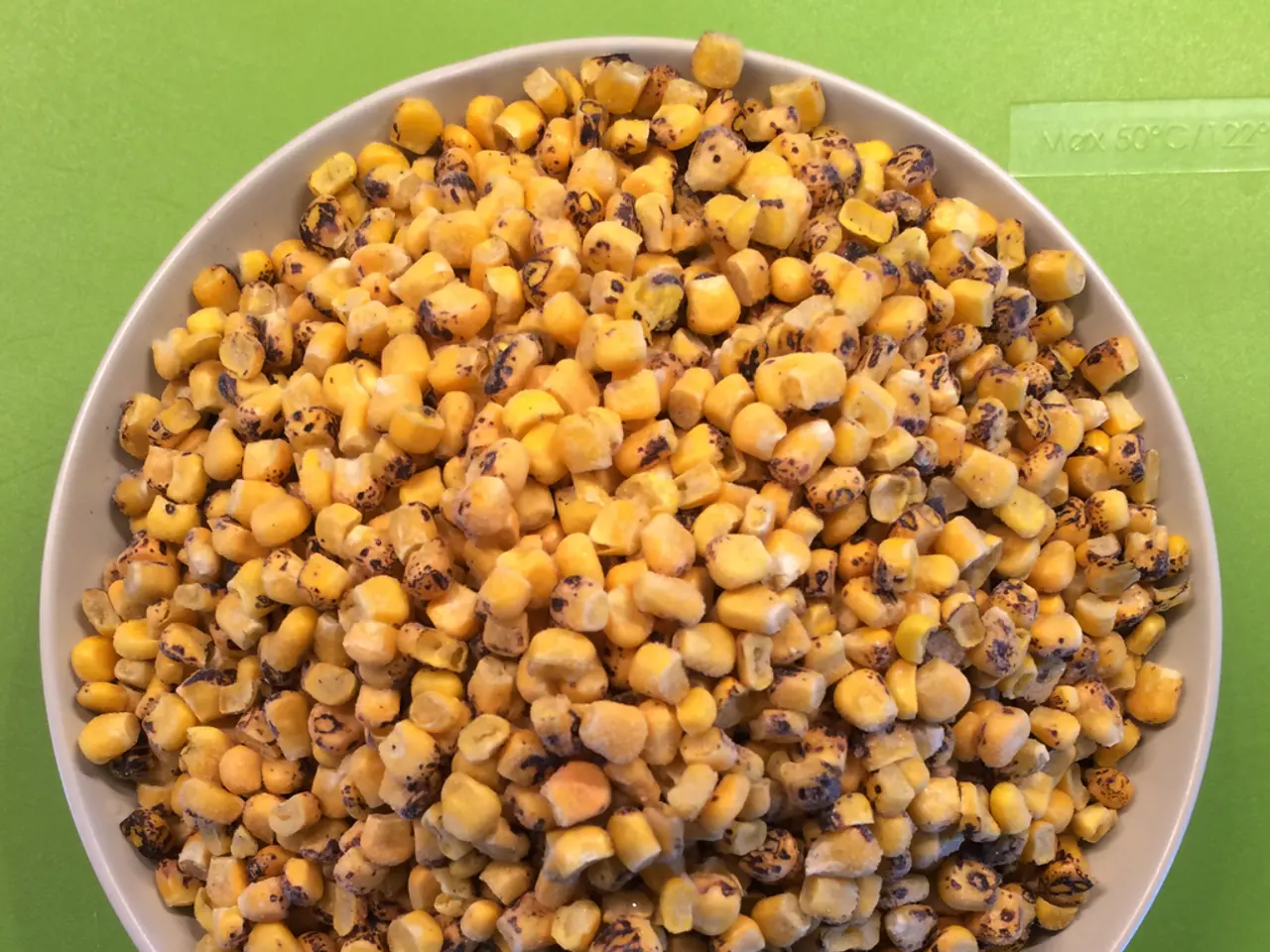Acquiring Seeds for the Upcoming Growing Period
In Canada, where the growing season can be short and cold, selecting the right vegetable seeds is crucial for a bountiful harvest. Here are some tips to help you choose the best seeds for your region.
Canada is home to several seed suppliers that cater to various regions and climate conditions. Terre Promise, Kitchen Table Seed House, Hana Earth Gardens, Chatham Gardens Seeds, Early's, Prairie Garden Seeds, Revival Seeds, Yonder Hill Farm, Hope Seeds, Terra Edibles, Garden Ful, Cochrane Family Farm, Bird and Bee, OCS Seeds, Florabunda Seeds, Greta's Family Gardens, The Plant Society, Incredible Seeds, Sage North Seeds, William Dam Seeds, Halifax Seed, Jardins de la Gaillarde, and Veseys are just a few examples.
For a short growing season, it is best to select annual vegetable seeds with short maturity periods that fit within the local frost-free days. These can range from about 120 days in Quebec and the Maritimes to around 180 days in southern Ontario and southwestern British Columbia[1].
Optimal seed choices include radishes (e.g., Cherry Belle radishes), which mature very quickly in about 21 days and can be grown multiple times within a short season[5]. Lettuces and leafy greens, bush beans, peas, fast-maturing carrots and beets, cucumbers, and summer squash are also suitable options, typically maturing in 30 to 70 days.
Because Canadian frost-free periods vary significantly by region, choose varieties specifically bred or adapted for short growing seasons with early maturity. Starting seeds indoors and transplanting after the last frost can extend growing time for longer-season crops. Avoid long-season crops like Scotch Bonnet peppers which need warm soil temperatures (~65°F+) and long growth periods (over 100 days) unsuitable for short Canadian summers[2].
For cold-weather crops, the days to maturity should be within the growing season. For heat-loving plants, choose varieties that mature faster to accommodate the cooler conditions. Continuous fruit-bearing plants like tomatoes, beans, and cucumbers should have at least 30 days less than the optimal growing condition days for a month of production.
Remember, sourcing seeds from a seed company in a climate similar to yours is beneficial. Seeds can be ordered from a seed catalog or online, bought at a local seed supplier, or obtained at a Seedy Saturday event. Organizing seeds that are already owned is part of the process.
Lastly, growing what you eat helps avoid wasting resources on unwanted produce. Seed Savers Exchange in the USA is another option for heirloom, open-pollinated, naturally, or organically grown seeds.
[1] Source: Canadian Gardening [2] Source: Garden Myths [3] Source: Burpee [4] Source: Canada's Food Guide [5] Source: Burpee
- Terrace Promise, Kitchen Table Seed House, Hana Earth Gardens, and Chatham Gardens Seeds are among the Canadian seed suppliers that cater to various regions and climate conditions.
- For a successful harvest in Canada's short growing season, opt for annual vegetable seeds with short maturity periods, such as Cherry Belle radishes, lettuces, bush beans, peas, fast-maturing carrots and beets, cucumbers, and summer squash.
- To accommodate the cooler Canadian conditions, choose varieties of heat-loving plants that mature faster, such as tomatoes, beans, and cucumbers, which should have at least 30 days less than the optimal growing condition days for a month of production.
- Source seeds from a seed company in a climate similar to yours, such as Seed Savers Exchange, which offers heirloom, open-pollinated, naturally, or organically grown seeds. This not only benefits the growing process but also helps reduce waste by growing what you eat.





